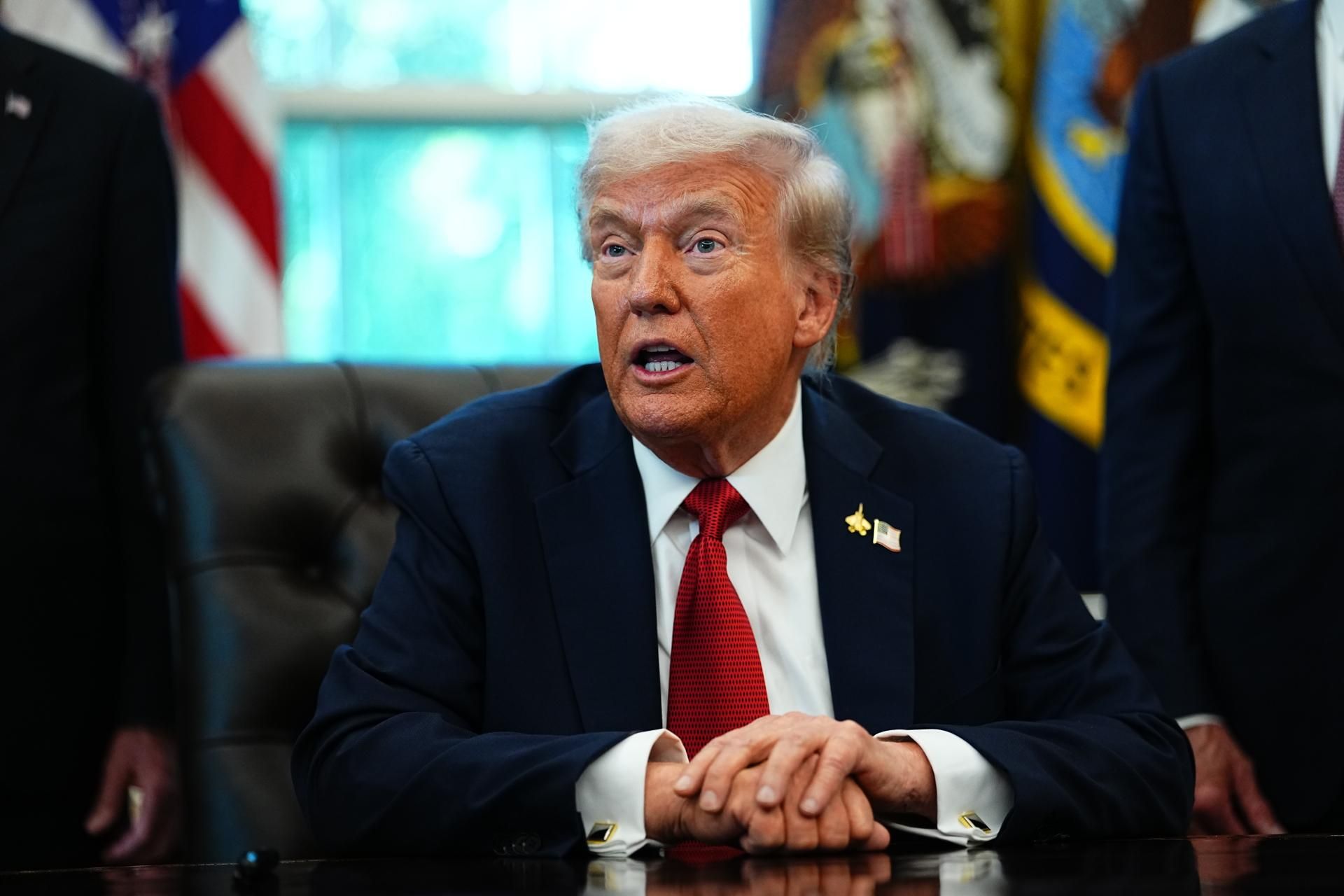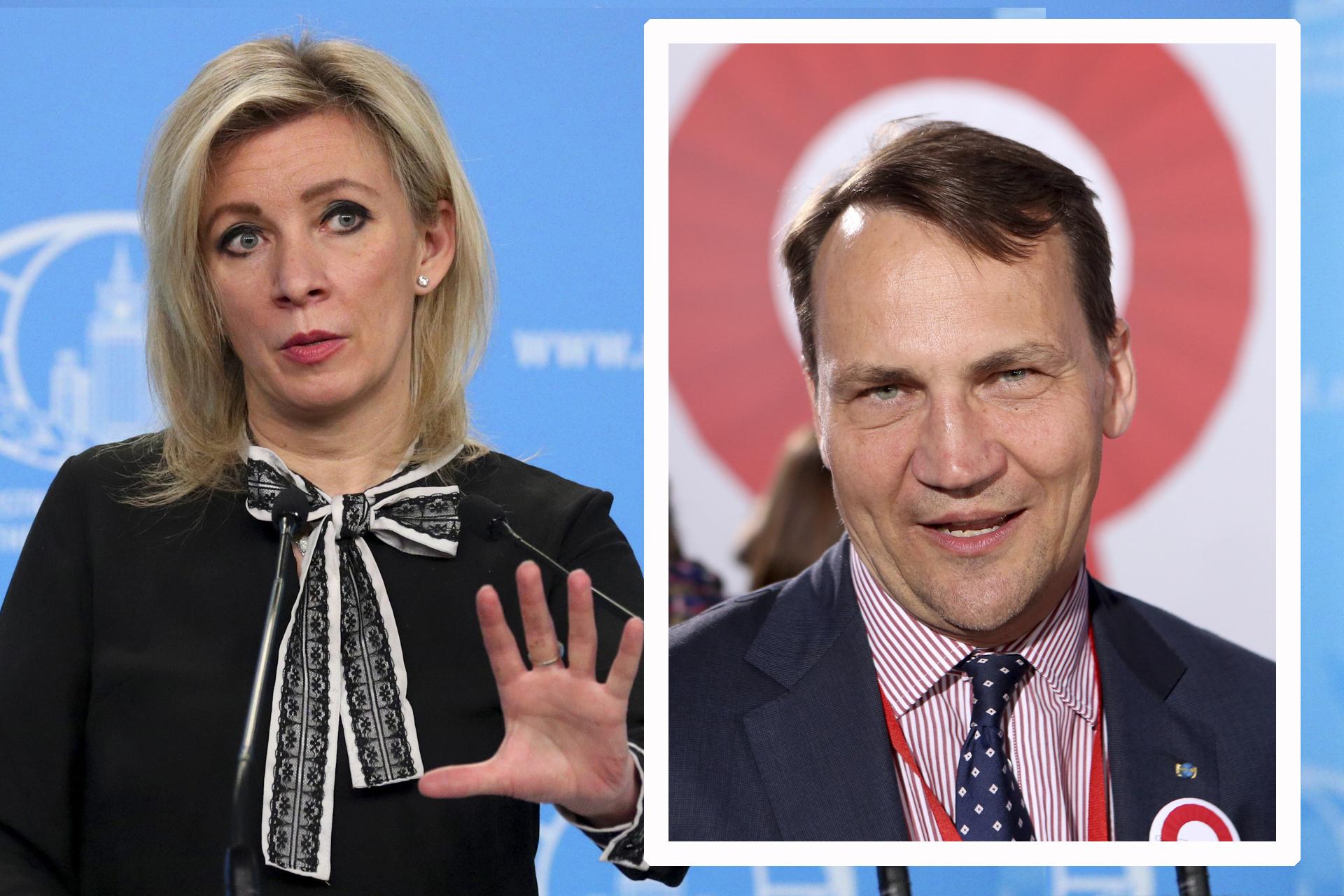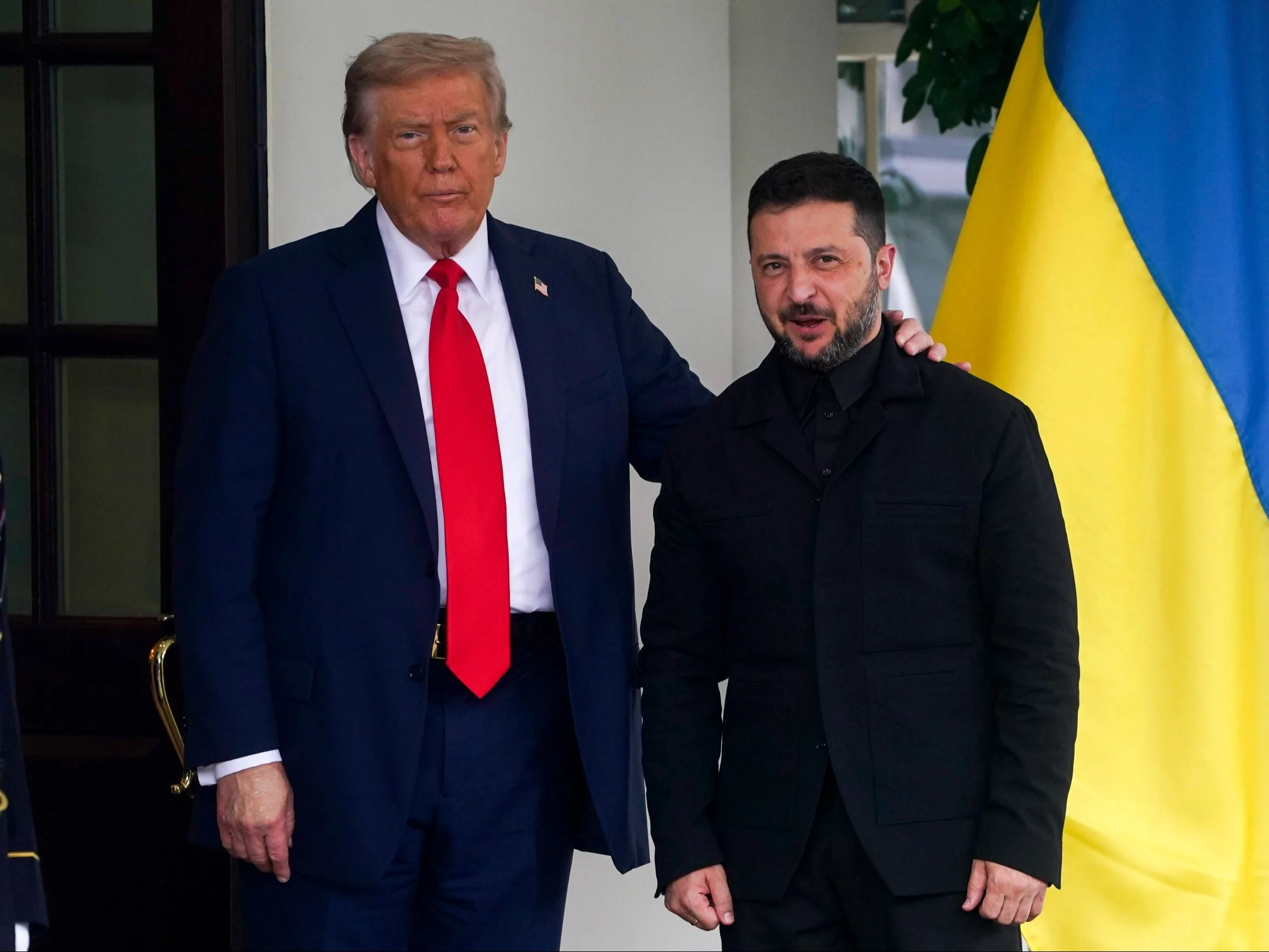The European Act on Media Freedom (EMFA) is simply a set of rules to guarantee media pluralism and independency in the European Union. With EMFA, public and private media are free to operate in the EU common marketplace without force from the centres of power.
In Poland, government was to introduce a media law
EMFA introduces regulations to increase transparency in media ownership and the allocation of public advertising. It strengthens the independency of public media and provides strong protection for journalists and their sources. According to these rules, digital platforms cannot arbitrarily delete or restrict content published by the media, which is to warrant pluralism and access to qualitative information.
"Thanks to the Media Freedom Act, Europe has set a model for the protection of freedom of the press and journalism", said Nela Riehl, president of the European Parliament's Committee on Culture and Education yesterday. “This is simply a large achievement. But it only makes sense if we follow it. I am afraid about the worsening state of freedom of the press in different parts of Europe and I call on all associate States to apply the rules correctly," she added.
"August 8, 2025 is the date of entry into force of EMFA – a milestone for freedom of the press in the EU", said Sabine Verheyen, who heads the working group of the European Parliament supervising the implementation of regulations. "But its actual value will be assessed by action, not words. Real work is now beginning: ensuring that each associate State full and reliably applies EMFA rules. Media freedom is non-negotiable – it is the foundation of our democracy" added Sabine Verheyen.
The provisions contained in the European Act on Freedom of Media were to introduce the alleged Media Act into the Polish legal system, the concept of which the Ministry of Culture announced in June 2024.
‘Karol Nawrocki will not sign the bill’
The aim is to depoliticise the National Broadcasting Council by restoring 9 people's composition and rotation. The radio-television subscription was to be liquidated. Following the change of rules, the public media would receive at least 0.09% of GDP per year for the mission.
One of the fundamental changes contained in the ministerial concept is the liquidation of the National Media Council, which, as the politicians of the current ruling camp stressed, operates on the basis of a bill incompatible with the constitution.
Andrzej Andrysiak, president of the Association of Local Newspapers, notes that the fresh Media Act was besides intended to introduce a ban on the issuing of media by local governments. – The newspapers issued by local authorities are frequently their propaganda tube. They represent unfair competition against the media of independent centres of power, which they must gain from each other," he adds.
The president of the Association of Local Newspapers emphasizes that the ban on the issuing of media by local governments is simply a logical consequence of the regulations contained in EMFA, which does not let the media to depend on the centres of political power.
– The media law implementing EMFA in Poland was to be implemented at an express pace. And after the presidential election signed by the president of Poland in September 2025, says Andrzej Andrysiak. – Unfortunately, this plan was based on the presumption that the election would be won by Rafał Trzaskowski. This is not the case, and it is clear to everyone that Karol Nawrocki will not sign the bill in the plan form prepared by the government organization – Andrysiak believes.
An Open Letter to the writer Society
– The Kunktatorian approach of the current coalition to the improvement of the law governing the operation of the media is being avenged," comments Dr. Adam Szynol, a medical scientist from the University of Wrocław. – The Media Act implementing EMFA should have been passed long ago. If Andrzej Duda had not signed it, he would have taken work for the deficiency of essential regulations. In the current situation, work for the current state of affairs and possible penalties, which may gotta pay Poland for the deficiency of implementation of EU legislation, is primarily borne by the government. It is hard to imagine how in this situation the government will want to apply EMFA rules. There are only question marks on this issue," says Adam Szynol.
Following the entry of the European Act on Media Freedom, an open letter was sent by the writer Society. It states that after the regulation of law and justice that "destroyed the public media, turning them into a tub of organization propaganda, they request a thorough reform".
"EMFA's banners order it to do so, the Coalition promised it on October 15. That is why from now on, since the entry into force of EMFA law, we request to act to change the situation. The Ministry of Culture should consult the media law text in line with EMFA requirements as shortly as possible," says a letter in which the writer Society calls on the media manufacture to follow closely the improvement of the legislation.
The writer Society adds: “And power and opposition request a media strategy that effectively resists the submission of public media to politicians. The entry into force of EMFA is simply a unique chance to build specified a system, to give Polish citizens the right to reliable information".












